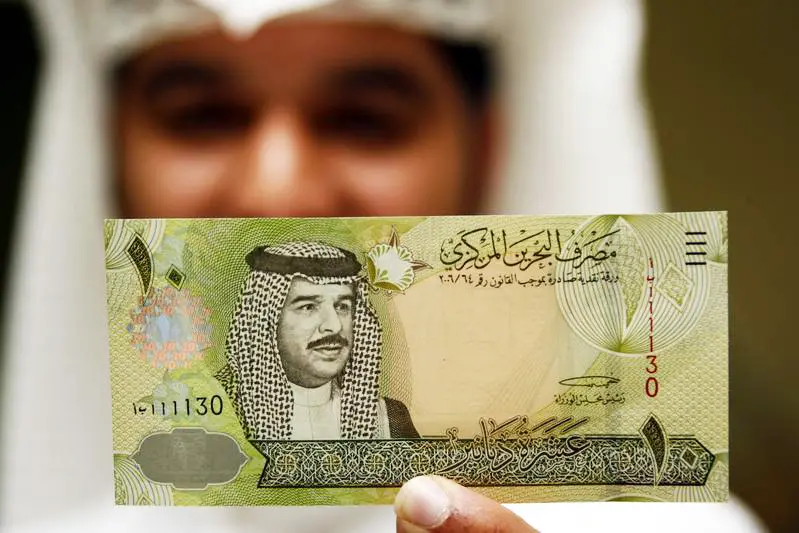PHOTO
Legislators yesterday outlined their set of demands for the new 2021-2022 national budget.
It comes as Bahrain’s MPs are set to come face-to-face with ministers and senior government officials on Wednesday and Thursday to discuss the state budget.
The meetings follow yesterday’s agreed six-week deadline extension over the spending plans.
Members of both financial and economic affairs committees in Parliament and the Shura Council will be present and the government will be represented by Finance and National Economy Minister Shaikh Salman bin Khalifa Al Khalifa and Parliament and Shura Council Affairs Minister Ghanim Al Buainain.
On Wednesday, officials from the Education Ministry, the Electricity and Water Affairs Ministry and the Civil Service Bureau will attend.
On Thursday, it will be the turn of officials from the Labour and Social Development Ministry, the Industry, Commerce and Tourism Ministry, and the Health Ministry.
“These face-to-face negotiations with the government – and each individual ministry and government body – will give us an idea on how the national budget progresses,” Shura financial and economic affairs committee chairman Khalid Al Maskati told the GDN.
“There are queries and doubts over spending during the unprecedented circumstances caused by Covid-19 that we want clarified.
“The most suitable course of action will depend on how ministers and senior government present their cases on what they say needs to be spent and how they will direct the funds.”
Parliament financial and economic affairs committee also held a lengthy meeting today to outline its set of demands.
“MPs are more concerned about improving the health and education sectors, increasing non-oil revenues and tackling unemployment, with no numbers on this latter issue stated in the state budget,” said Parliament financial and economic affairs committee chairman Mahmood Al Bahrani.
“Another major issue of negotiation surrounds pension benefits, ensuring they are not getting reduced or cut, as well as social welfare plans.
“We will also focus on housing and those on long lists waiting years for a home, as well as the provision of adequate health and education projects in the new housing towns.
“Public welfare is a top priority despite lower budgets caused by the unprecedented Covid-19 pandemic with focus on the most appropriate direction of funding and operational costs.”
He is confident the goals of the Fiscal Balancing Programme by the end of next year can be achieved. “It is all about the correct circulation of revenues while acknowledging the challenges of possible slumping oil prices and slowed economic recovery caused by Covid-19.”
Revenues are expected at BD2.285bn this year and BD2.339 next year with the oil barrel price calculated at $45. Recurrent expenditure is estimated at BD3.296bn this year and BD3.219bn next year. The spending budget for projects is BD656m for each year, including financing from the Gulf Development Fund.
The deficit, without interest calculation, is expected to reduce to BD568m this year and BD388m next year. The total deficit is BD1.276bn for this year and BD1.145bn next year.
mohammed@gdn.com.bh
© Copyright 2020 www.gdnonline.com
Copyright 2021 Al Hilal Publishing and Marketing Group Provided by SyndiGate Media Inc. (Syndigate.info).





















